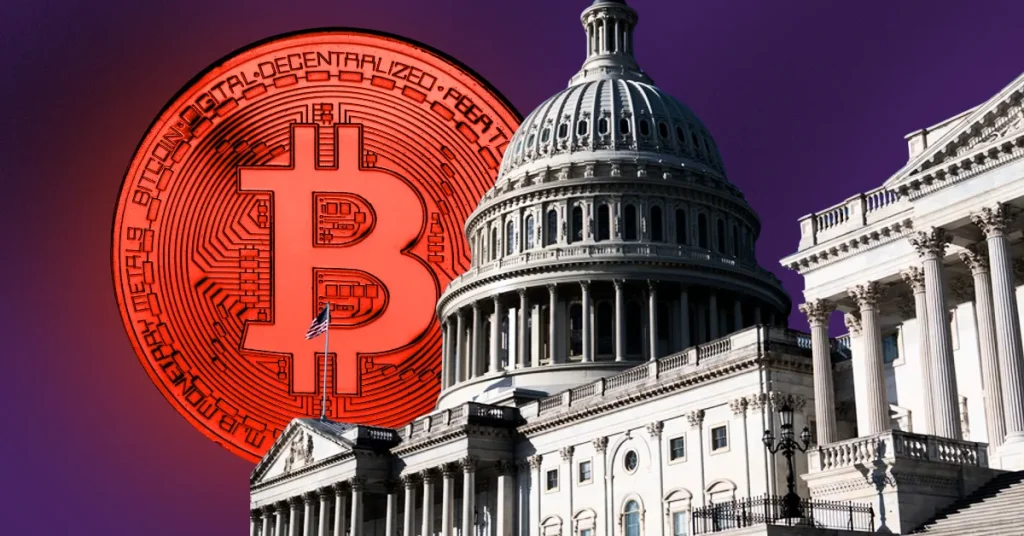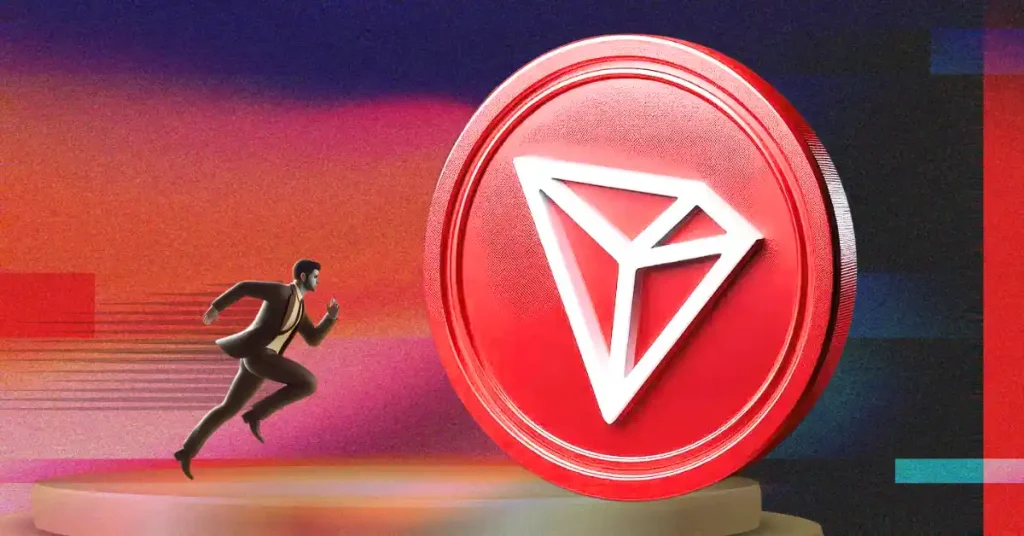
The post Decentralized Innovations Are Bringing Transparency To The Creative Industry appeared first on Coinpedia - Fintech & Cryptocurreny News Media| Crypto Guide
Blockchain is one of the emerging technologies that is bringing more transparency to today’s industries. While the tech’s popularity is pegged to the burgeoning crypto market, it is noteworthy that blockchain can be used across various sectors.
This nascent technology has given rise to a new era of financial services dubbed Decentralized Finance (DeFi), with over $199 billion in total value locked (TVL) as of press time.
Unlike the traditional markets, DeFi services are decentralized and more transparent, given that they are built on public blockchain networks such as Ethereum.
Anyone can view transaction histories and verify their legitimacy based on tamper-proof entries on the blockchain explorer.
This type of architecture is now being adopted by stakeholders in other industries, including the art and entertainment sectors.
With blockchain in the picture, creatives have a chance of reclaiming control over their digital content. Several artists are exploring options in the Non-fungible token (NFT) and metaverse niches to enhance content distribution and increase their earnings.
The trend has caught the interest of prominent Hollywood figures such as John Legend and Snoop Dogg, both icons are in the process of integrating decentralization solutions to add value to their art.
Integrating the Creative Industry with Blockchain Tech
As per the current market structure, the content distribution industry relies on centralized service providers such as Google, Facebook and Spotify.
However, these institutions have been failing artists time and again. For instance, Facebook grossed over $84 billion from advertising revenue in 2021, but the platforms’ users (content creators) have nothing to show for it apart from their data being mishandled.
How can blockchain change this narrative? Well, this emerging tech proposes a significant value proposition by introducing autonomy and transparency in content distribution. Ideally, creators looking to share their content do not have to go through an intermediary like Google to monetize their art.
Instead, blockchain ecosystems support the development of decentralized applications (DApps) powered by smart contract technology.
One of the pioneer decentralized content platforms is Envision, a blockchain-built DApp that focuses on stock content. This platform introduces a peer-to-peer marketplace where content creators can directly upload their art.
Furthermore, stock content creators have the flexibility of setting their preferred price on the Envision marketplace. A more lucrative ecosystem compared to centralized platforms that give creators as little as 20% of the generated revenue.
Based on the blockchain infrastructure, Envision also offers content creators a more transparent environment. Users can leverage the platform’s NFT functionality to create a unique digital asset to represent any uploaded content.
As such, it is much easier to prove ownership and track the authenticity of particular stock content. This way, content creators can retain control over their hard work and monetize it accordingly.
With digital ecosystems set to dictate tomorrow’s future, creatives are better off operating on decentralized content platforms.
After all, they are more effective in rewarding content creators, not to mention the supporting blockchain functionalities such as transparency and immutability.
What Does the Future Hold?
So far, DeFi innovations have shown that decentralized ecosystems will have a place in the futuristic industries.
More people than ever before are trying to escape the monopoly of existing Web 2.0 innovations and government scrutiny in the surveillance era. Decentralized projects are a perfect vehicle for both scenarios.
That said, early integrations will likely happen in specific industries such as art where more liberal-minded individuals are willing to regain control over their content.
The gaming industry is also making enormous strides following the debut of NFTs; as it stands, close to 50% of the active DApp wallets are linked to NFT-oriented games.
With so much to expect from decentralized economies, it is inevitable for the next generations to shun away from the likes of Facebook and Twitter.
This will result in a paradigm shift to people-driven platforms where revenues are shared fairly and users have the autonomy of control. Creators will be among the biggest winners of decentralized innovations.

 3 years ago
202
3 years ago
202














 English (US) ·
English (US) ·